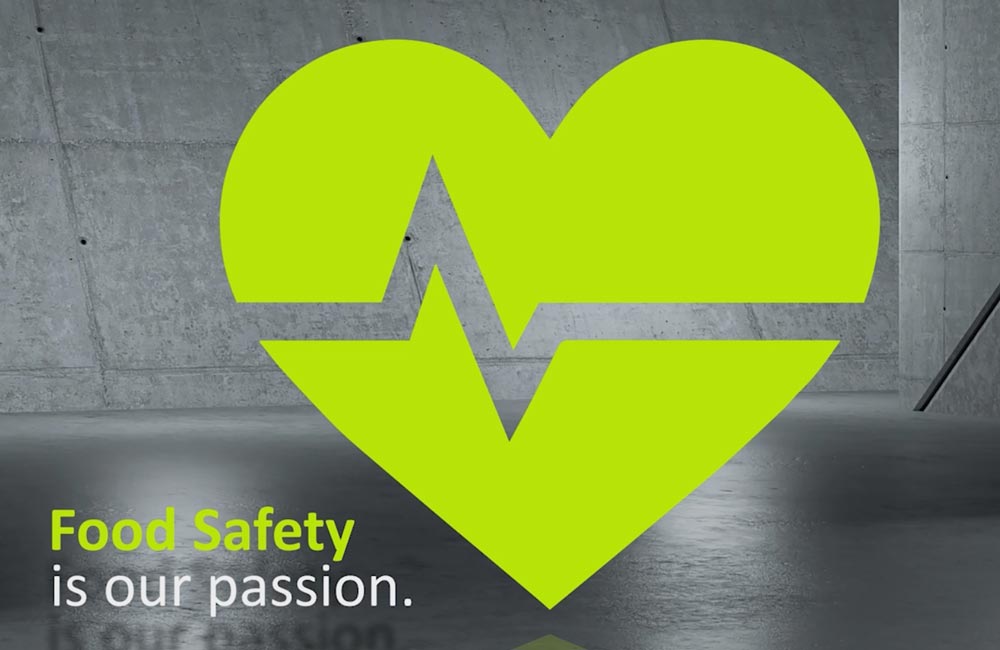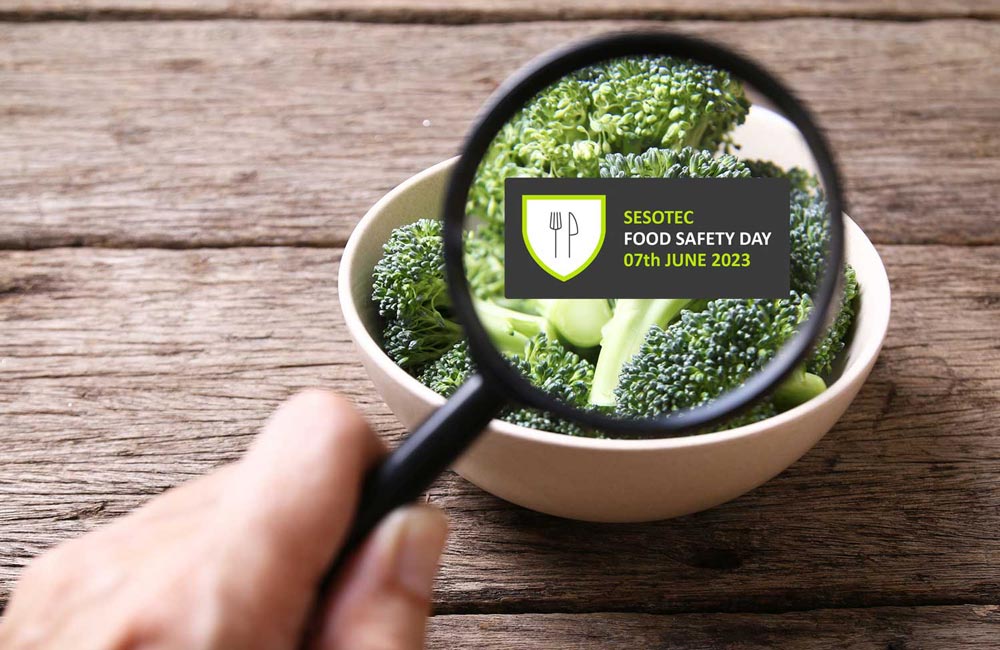Food Safety
13/06/2023 |
IFS Food Version 8: The most important changes

It all started as a joint venture between two of the largest retail associations. Now, most retail and wholesale companies trust the quality and reliability of this certification. The requirements of the food industry are constantly changing and therefore continuous adjustments and improvements to the standards are necessary.
The new adjustments to the IFS (IFS version 8) were published in April 2023: the new version is state of the art in terms of food safety. The background is the adaptation to the new Codex Alimentarius and the future ISO 22003-2 for product and process standards.
Audits according to the new IFS version 8 will begin in October 2023 and will become mandatory starting January 2024.
Most important changes
1. The B-score* is again classified as a deviation.
The IFS scoring system gives the audited company and its customers differentiated feedback on its performance and indicates where it can improve. In this way, it promotes continuous improvement and supports the achievement of a higher score. The reports and results are standardized so that they can be compared and easily understood by business partners.
2. There is an IFS star status indicating that the audit was unannounced.
Unannounced audits increase the credibility of the audit process. The status shows that your company implements the IFS requirements on a daily basis. This indicator is introduced to highlight that the audit was unannounced. It shows that the company always produces with the highest safety standards. A star is noted in the IFS database and on the IFS certificate. There is also a special logo for this purpose.
3. It is possible to put the EU PDO (Protected Designation of Origin) or PGI (Protected Geographical Indication) on the IFS certificate with a disclaimer.
4. Certified companies must set targets for each of the four dimensions of food safety culture:
a) Communication on company policy and food safety responsibilities.
b) Training.
c) Employee feedback on food safety issues.
d)
Performance
measurement.
Refer to Chapter 2 of the standard for the relevant requirements. There is also an overview of this topic in the Food Safety Culture Factsheet available on the IFS website.
5. The time required for reporting, the number of doctrine rules and the administrative requirements have been significantly reduced, but still meet the documentation requirements of the GFSI benchmarking and accreditation.
6. The restructured checklist follows the audit process more consistently and increases audit efficiency.
IFS provides a comparison for version 7 and 8 checklists, and the document lists the changes for each requirement. This gives companies a quick and easy overview and helps you prepare for your first version 8 audit.
7. The IFS standard is aligned with Codex Alimentarius, ISO 22003-2 and GFSI benchmarking requirements.
8. Wording in the checklist is more consistent and clear to better clarify the intent of the requirements. In addition, the word "assessment" reverts to "audit," consistent with ISO 22003-2.
All dates at a glance
IFS Food Version 8 audits are possible starting October 1, 2023 and become mandatory for all certified companies beginning January 1, 2024. In general, the applicability of version 7 ends on December 31, 2023. In some exceptional situations, IFS Food version 7 can be applied after January 1, 2024. General approval of these exceptions ends on Dec. 31, 2024. Here is an overview:
- For unannounced audits: Version 8 applies if the audit window begins on or after Oct. 1, 2023.
- For audits involving multiple sites: you must audit the sites and headquarters to the same version. After January 1, 2024, version 8 applies to all audits conducted at headquarters.
- For supplemental audits: If the associated version 7 main audit took place before January 1, 2024, version 7 applies to the supplemental audit .
- For extension audits: If the connected main audit according to version 7 took place before January 1, 2024, January 1, 2024, version 7 also applies to the extension audit.
IFS is working on comparison documents of IFS Food version 7 and 8 so that certified companies can understand the changes. Various guidance documents, such as for foreign body management, also currently refer to IFS version 7, but remain current for IFS Food 8. IFS will update the references to the requirements in these documents to version 8.
Conclusion
It is important that companies familiarize themselves with the new requirements to ensure that they are compliant with the standards and that their food production is safe and of high quality. IFS believes that version 8 sets a new standard and will help establish a vibrant culture of food safety.
For more information, visit the IFS website directly at www.ifs-certification.com/en/food-standard




